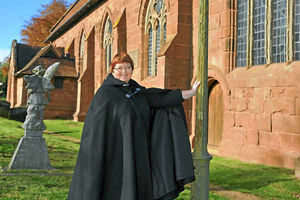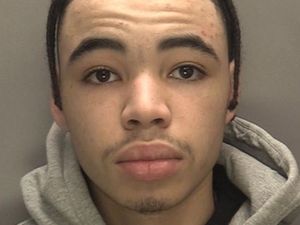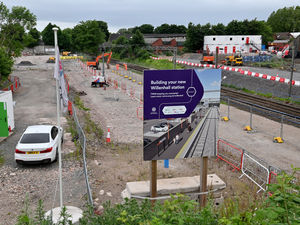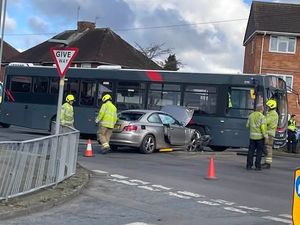Vicars warn church looks out of touch
Vicars in the Black Country today warned that the Church of England (CofE) faces losing its "honoured place" in society and looked "silly and out of touch" after its General Synod barred women from becoming bishops.

Female clergy said they feared for how the church would be perceived by communities after legislation paving the way for the first women bishops was narrowly rejected by the General Synod of the Church of England.
Bishops based in the region have called the vote against allowing women to do the same jobs as them a "bitter blow" and said there was nothing in the Bible to prohibit it.
The rules of the synod required that two-thirds (66.7 per cent) voted in favour in each of the three voting groups – bishops, other clergy and laity, or non-clergy.
While 90 per cent of bishops and 77 per cent of clergy voted in favour, only 64 per cent of the laity did so, failing by just six votes to reach the two-thirds majority.
The House of Bishops was meeting today to "consider the consequences of the vote", a statement on the CofE's website said.
The Rev Sarah Schofield, vicar of All Saints Church in Wolverhampton, said today: "The church has an honoured place in the life of the nation and we are in danger of losing that through our own fault.
"I am incredibly disappointed both in the decision and in how it makes the church look."
The Rev Rose Hudson-Wilkin, aged 51, chaplain to the House of Commons, a chaplain to the Queen and vicar in two inner city parishes in east London was among the first women to be ordained in the Diocese of Lichfield and worked at the Church of the Good Shepherd with St John in West Bromwich.
She said: "I think the church is now left in a position where it is looking rather foolish and silly and out of touch."
Rev Jeanette Hartwell, of All Saints Church in Trysull and Holy Cross in Bobbington, said: "We don't look to decide our own career paths, we wait for the calling from God."This is a bar to women who want to fulfil their calling."
The Bishop of Lichfield, the Rt Revd Jonathan Gledhill, spoke out as The House of Bishops was meeting in London today to discuss the consequences of the vote said: "This is a very unwelcome result. The vast majority of members of the CofE wanted the change to allow female bishops – over the past couple of years 42 out of 44 Diocesan Synods have voted in favour, so for General Synod to prevaricate in July and again now is a bitter blow.
"It might even call into question the process by which representatives are elected to General Synod when they are not genuinely reflecting the view of the majority."
Bishop of Wolverhampton, the Rt Revd Clive Gregory, said: "Women have been ordained as deacons and priests within the CofE for many years now and I don't believe there's anything in the Bible that says it is OK to be a deacon or a priest but not a bishop.
"The ministry of women in the CofE has been the most fantastic blessing over the years. We need their gifts and contribution at every level of the church."
Bishop of Worcester, the Rt Revd Dr John Inge, added: "Very many people indeed will be disappointed and hurt by this decision, not least the huge numbers of women whose ministry as priests has enriched the Church of England immeasurably over the past twenty years.
I want all of them to know, especially those in the Diocese of Worcester, that their ministry is greatly valued by me and many others both inside and outside of the Church."
The decision has also been condemned by the incoming Archbishop of Canterbury, The Rt Revd Justin Welby, Bishop of Durham.
He will take over from current Archbishop Dr Rowan Williams at the end of the year.
Mr Welby said on Twitter: "Very grim day, most of all for women priests and supporters, need to surround all with prayer and love and co-operate with our healing God."
Today's meeting was for bishops to discuss the implications of the "no" vote, which effectively quashes any further consideration of draft legislation on the matter.
It means it will not be possible to consider the matter again until after the elections of a new General Synod in 2015, unless the Group of Six the Archbishops, the prolocutors and the chairman and vice chairman of the House of Laity give permission and report to the Synod why they have done so.





